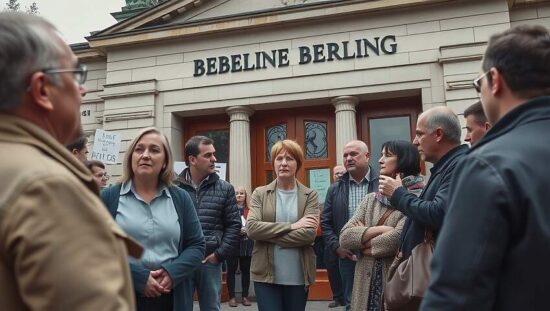Germany’s Federal Environment Agency (UBA) has cautioned the government against over-reliance on carbon capture and storage (CCS) technologies as a central pillar of its climate strategy. UBA President Dirk Messner stated that CCS should not be viewed as a substitute for substantial emission reductions across sectors like buildings, transportation and industry.
Messner highlighted the limited potential of CCS, citing insufficient storage capacity for large-scale implementation both onshore and offshore. He emphasized the unrealistic expectation of initiating widespread carbon storage immediately, noting the considerable need for infrastructure development and ongoing research.
The UBA’s comments come in response to a recent cabinet decision allowing for the expansion of CCS technologies, including applications within the steel industry and for gas-fired power plants. Chancellor Friedrich Merz had previously championed these technologies as a key element in Germany’s efforts to combat global warming.
However, Messner countered that the assumption that existing practices – such as continued use of internal combustion vehicles, fossil fuel heating and fossil fuels in industrial production – can be sustained through CCS is inaccurate. Drawing on recent research, he indicated that Germany can achieve climate neutrality by 2045 with limited negative emissions, provided that all available options are aggressively pursued. These include industrial transformation, a transition to renewable energy sources for heating and mobility and strengthening natural carbon sinks. Messner urged a comprehensive approach, stating that all available pathways must be utilized consistently to maintain progress towards climate goals.





